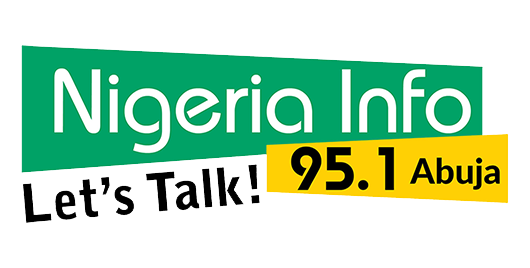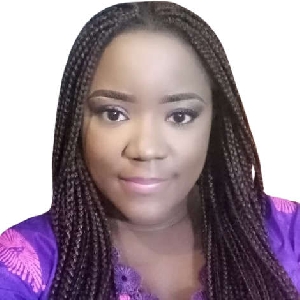
With the rise of technology and social media, health communication has evolved drastically in the digital age. However, along with this progress comes a growing concern for health misinformation.
In today's world where anyone can publish information online, it becomes increasingly challenging to distinguish between credible sources and false claims. This poses significant risks as individuals may make important decisions about their well-being based on misleading or inaccurate information. As we continue to rely more on digital platforms for health information, addressing this issue will become crucial in promoting accurate and reliable knowledge regarding our healthcare choices.
The Role of Freedom of Speech in the Spread of Health Misinformation
In today's digital age, the concept of freedom of speech is more important than ever. With the rise of social media and constant access to information, it has become easier for misinformation to spread quickly and have serious consequences on public health communication. While we value our right to free speech, it is equally important to consider the impact our words can have in promoting or spreading inaccurate health information. As responsible communicators, we must strike a balance between exercising our rights while also being mindful of potential harm that may arise from sharing false or misleading information.
The concept of misinformation as protected speech has become increasingly relevant in the digital age. As information spreads quickly and easily through various online platforms, health communication can be greatly impacted by false or misleading information. This presents a challenge for receiving accurate healthcare information from reliable sources. With the rise of technology, it is important to address this issue and find ways to combat health misinformation in order to protect public understanding and well-being.
While freedom of speech is a fundamental right, it should not come at the expense of public health and well-being. It is essential for individuals and organizations to carefully consider their actions and messages online to avoid promoting false information or potentially harmful practices. Striking a balance between upholding ethical standards while respecting individual rights can be challenging but necessary in today's society.
There have been many legal challenges surrounding health communication and misinformation. With the rise of social media and other online platforms, individuals are able to freely express their opinions about health topics without fact-checking or consideration for potential consequences. This has led to a spread of false information that can be harmful to public health. However, some argue that this is protected under freedom of speech. As technology continues to advance and more people turn to the internet for health information, it will continue to be a challenge in ensuring accurate and reliable information is shared with the public.
Ethical Guidelines for Content Creators and Influencers in the Healthcare Industry
As we continue to live in a digital age, the responsibility of content creators becomes more crucial. Especially for those involved in health communication. With an increasing amount of misinformation being spread online, it is our ethical obligation as content creators to ensure that the information we put out is accurate and properly vetted. However, this raises questions about freedom of speech and censorship. While there should be guidelines on what can and cannot be said or published, it is important to find a balance between protecting individuals from false information while still promoting freedom of expression.
Promoting evidence-based information has become increasingly important in the field of Health Communication. While freedom of speech is an essential aspect of our society, it is crucial to ensure that accurate and reliable information is being disseminated to avoid causing harm or confusion among the public. With thorough fact-checking and responsible sharing of information, we can combat health misinformation and promote trustworthy sources for better overall societal well-being.
With so much content being sponsored and shared on various platforms, it can be difficult to discern what information is accurate and reliable. This has led many individuals to question the transparency behind sponsored content and how it may impact their health decisions. While freedom of speech allows for different perspectives to be shared, there needs to be more accountability when it comes to sharing health-related information in order to promote better overall communication within the community.
Conclusion
We have seen a constant influx of health information through various mediums. While this has its benefits in terms of promoting awareness and education around different health topics, it also poses a threat with the rise of health misinformation. Striking a balance between freedom of speech and ensuring accurate and reliable information is available for individuals to make informed decisions about their health is crucial in maintaining a healthy information ecosystem. Proper communication strategies must be employed to combat false claims while still protecting people's right to voice their opinions on important healthcare matters. Only then can we truly achieve an ideal state where every individual has access to credible information regarding their well-being.


